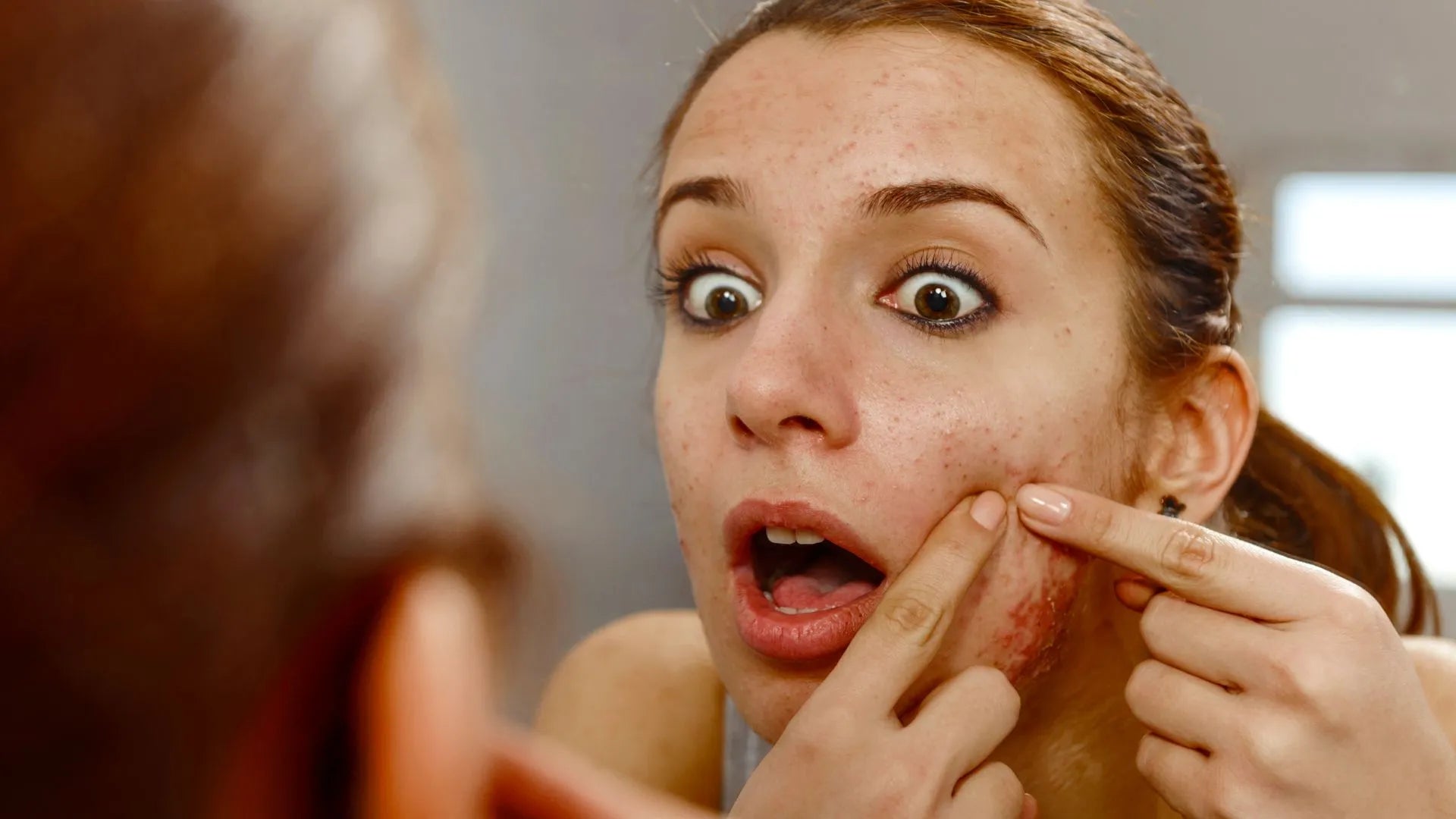Have you ever wondered what's inside a pimple? It's not just a random bump on your skin. Pimples are a result of a combination of oil, bacteria, and other materials that clog deep within your pores. In this article, we will explore what causes pimple pus, the best ways to treat pus-filled pimples, and how you can prevent them from occurring.
What is Pimple Pus Made of?
Pimple pus is a mixture of oil, bacteria, and other debris that become trapped in your pores. When your body's natural defense system detects these substances, it responds by sending white blood cells to the infected area. This results in the formation of pus, which is the yellowish or whitish fluid that you see in a pimple.
What Causes Pimples with Pus to Appear?
Pimples with pus can appear for various reasons. Some common causes include:
- Excessive oil production: When your skin produces too much oil, it can clog your pores and lead to the formation of pus-filled pimples.
- Bacterial infection: The presence of bacteria, such as Propionibacterium acnes, can contribute to the development of pus-filled pimples.
- Hormonal changes: Fluctuations in hormone levels, especially during puberty, can increase oil production and make your skin more prone to pimple formation.
What's the Best Way to Treat Pus-Filled Pimples?
When it comes to treating pus-filled pimples, there are several options available:
- Over-the-counter treatments: Products containing ingredients like benzoyl peroxide or salicylic acid can help to reduce inflammation and kill bacteria.
- Prescription medications: In some cases, your dermatologist may prescribe topical or oral medications, such as antibiotics or retinoids, to treat severe or persistent pimple breakouts.
- Home remedies: Natural remedies like tea tree oil, witch hazel, or aloe vera may offer relief from inflammation and help to speed up the healing process.
How Can I Prevent Pimples from Occurring?
Preventing pimples starts with adopting a good skincare routine and making some lifestyle changes:
- Cleanse your face twice a day with a gentle cleanser to remove excess oil and dirt.
- Avoid touching your face with dirty hands, as it can transfer bacteria and irritate your skin.
- Use non-comedogenic skincare products that won't clog your pores.
- Maintain a healthy diet and lifestyle, including eating a balanced diet, staying hydrated, getting enough sleep, and managing stress levels.
When Should I See a Doctor?
In most cases, pus-filled pimples can be effectively treated with over-the-counter products or home remedies. However, you should consult a dermatologist if:
- Your pimples are severe, painful, or persistent.
- You have developed cystic acne, which is characterized by large, deep, painful cysts filled with pus.
- Your pimples are leaving scars or dark spots on your skin.
- You are experiencing emotional distress or a negative impact on your quality of life due to your pimples.
The Takeaway
Pus-filled pimples are a common skin concern that can be treated and prevented with the right approach. Understanding what causes pimple pus, how to effectively treat it, and how to prevent future breakouts can help you achieve clear and healthy skin. Remember to be patient and consistent with your skincare routine, and don't hesitate to seek professional help if needed.






